Issue 020 - Big Money vs. Small Money

Face the sea of clouds, it's quite spectacular in person~
This weekly newsletter is open source, documenting what I see and hear each week, primarily focusing on front-end, AI, independent development, open source tools, etc. It is published every Saturday/weekend and welcomes submissions. I also look forward to your attention/subscribe -- fav0.com
>> Topics to Discuss
Big Money vs. Small Money
Recently I came across a saying that some people today are very entangled with small money, being "penny-pinching," which makes life feel quite burdensome. However, ordinary people often can't accumulate wealth, and this doesn't usually relate to those small amounts of money, but rather to the use of big money, such as investing, buying things, starting a business, or being scammed, etc. At that moment, they tend to be surprisingly "generous."
Here I’d like to discuss my spending habits briefly. Currently, most of my money is stored in Alipay and WeChat, categorized into my big money and small money:
- Big money in Alipay: My asset structure is quite simple. I keep part in Yu'ebao for emergency funds and invest part into index funds for some returns to hedge against inflation.
- Small money in WeChat: I give myself a small allowance each month as a budget for the month (food, leisure, sports, etc.), generally considering expenditures under 100 yuan as coming from WeChat Pay.
This mindset stems from my habit of checking my savings frequently, but I only look at the big money in Alipay. So, when the big money decreases, it really does hurt a bit; whereas, I don't really care much about the small money in WeChat.
How does big money decrease? Generally, significant expenses are mostly processed through Alipay, such as purchasing servers, cameras, or lenses, and I also draw from big money for my small monthly allowance. This way, tracking expenses becomes straightforward; I just need to focus on the expenditures in Alipay, while not needing to invest much mental effort on WeChat spending.
It's a simple principle: big money requires more attention, yet many people seem to have it backward for some reason.
>> Must Read
This Team Forked Flutter to Create Flock
In this article, the author discusses the labor shortage faced by the Flutter team, leading to significant inadequacies in developer support. As the team size has failed to keep pace with the exploding user base of Flutter, the author argues for the necessity of creating a Flutter fork named Flock to accelerate development and optimize community contribution processes.
Flock will maintain synchronization with Flutter while introducing essential bug fixes and community features. The author emphasizes that Flock aims to enhance community engagement and efficiency through faster code reviews and friendlier contribution policies, rather than positioning itself against the Flutter community. Ultimately, the author calls for everyone to actively participate in the establishment of Flock to realize Flutter's complete potential.
Key Points:
- There is a serious imbalance between the number of Flutter team members and developers.
- Creating Flock will accelerate development and optimize contribution processes.
- Encourages community involvement to propel Flutter's growth through Flock.
Release of SearchGPT
If I don't release this soon, I might forget about it altogether. I applied for the waitlist quite a while ago:
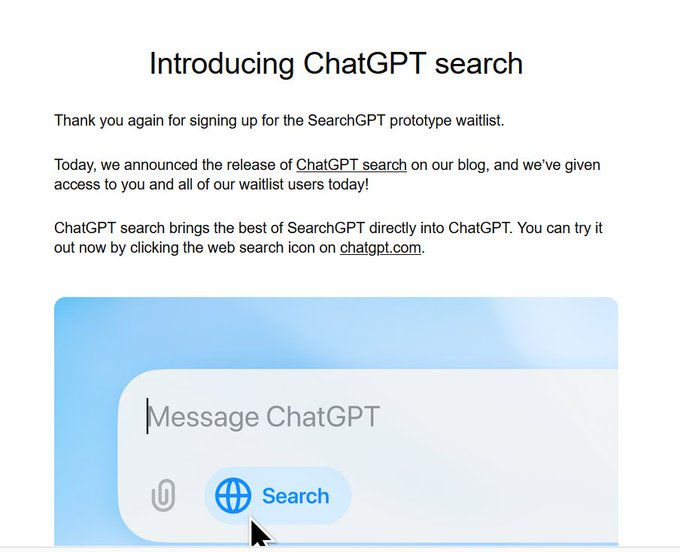
Copilot Now Supports Claude
Additionally, Copilot has recently updated many new features, including support for multi-file editing mode. Details
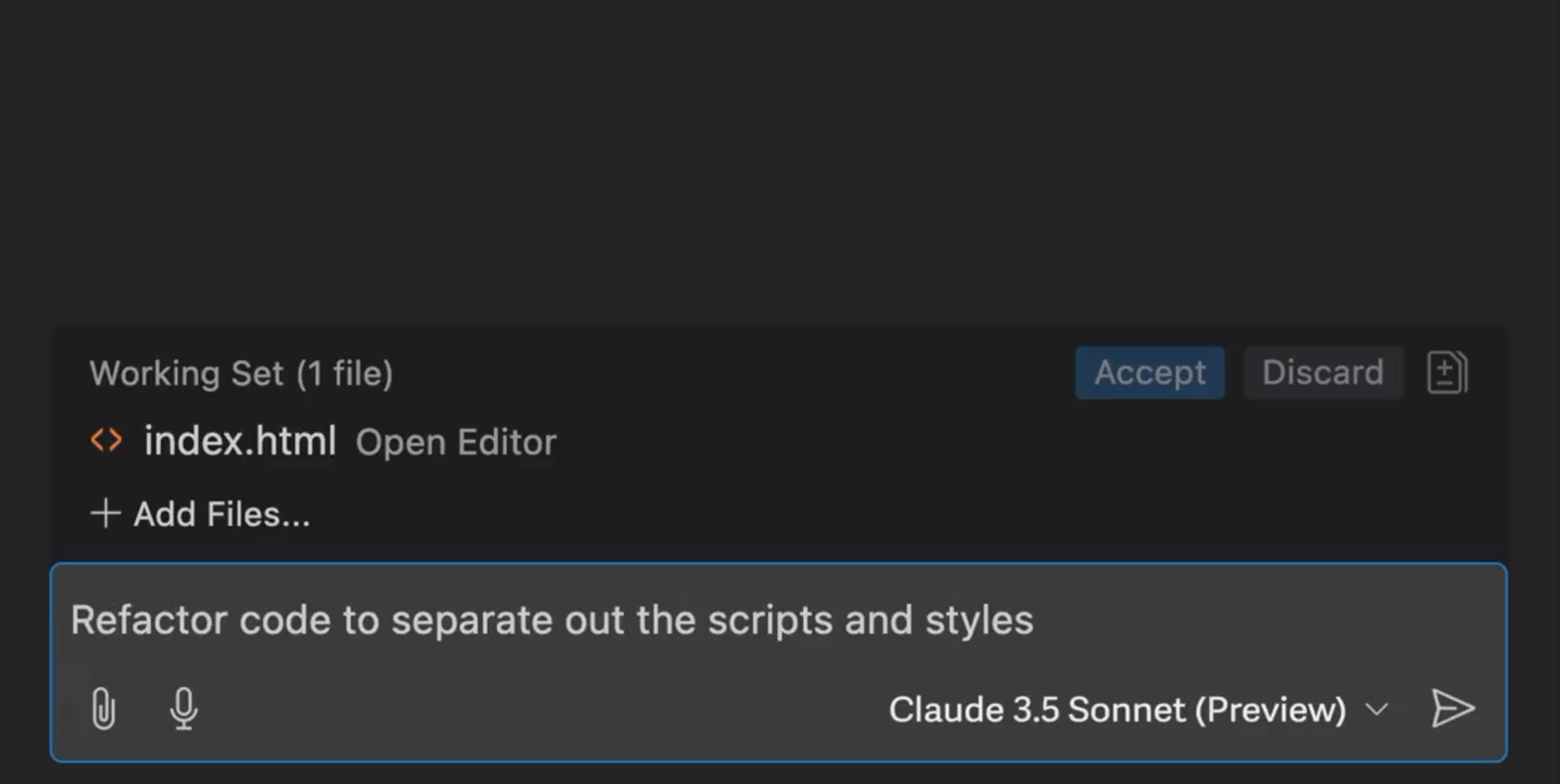
More
>> Useful Tools
From Programmer to Civil Servant
A practical tutorial for programmers transitioning to civil service, with 8.6k stars on GitHub and last updated last year.
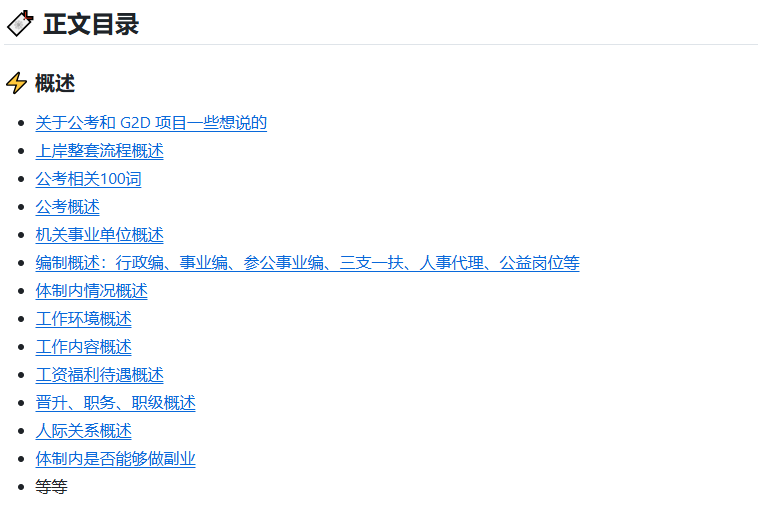
Command Line Tool for Downloading Videos
An open-source video downloading tool with 50K stars:
- Download videos/audio from popular sites like YouTube, Youku, Niconico, etc. (see the complete list of supported sites)
- Stream online videos in your media player without a web browser and without additional ads.
- Download interesting images by scraping web pages.
- Download any non-HTML content, such as binary files.
Open Source Fun Avatar Generator
This tool generates animated processes for creating avatars, and animations can also be exported as SVG for application in blogs or various social platforms.
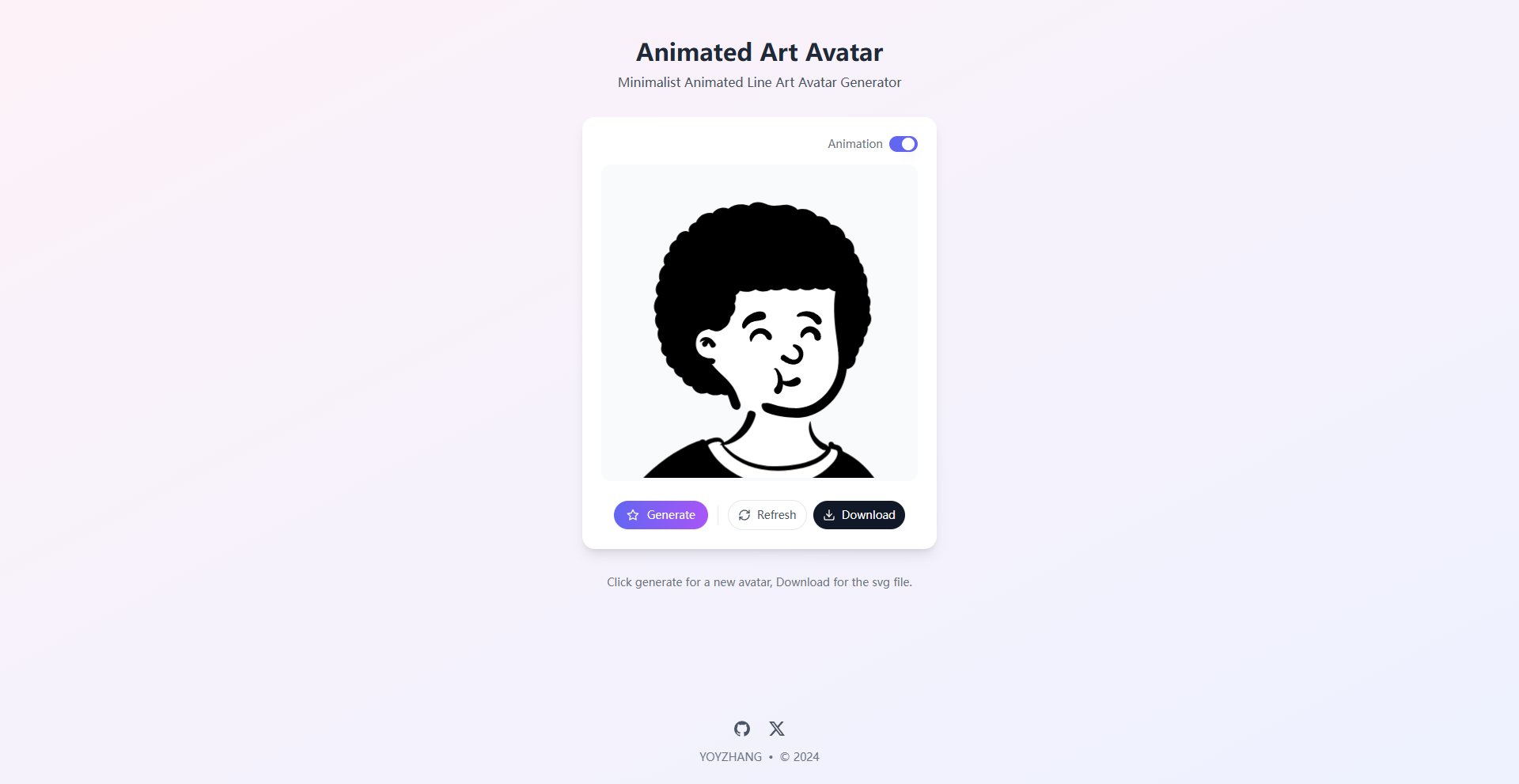
NextJS Chinese Documentation
Now updated to Next.js 15, in sync with the latest official documentation.
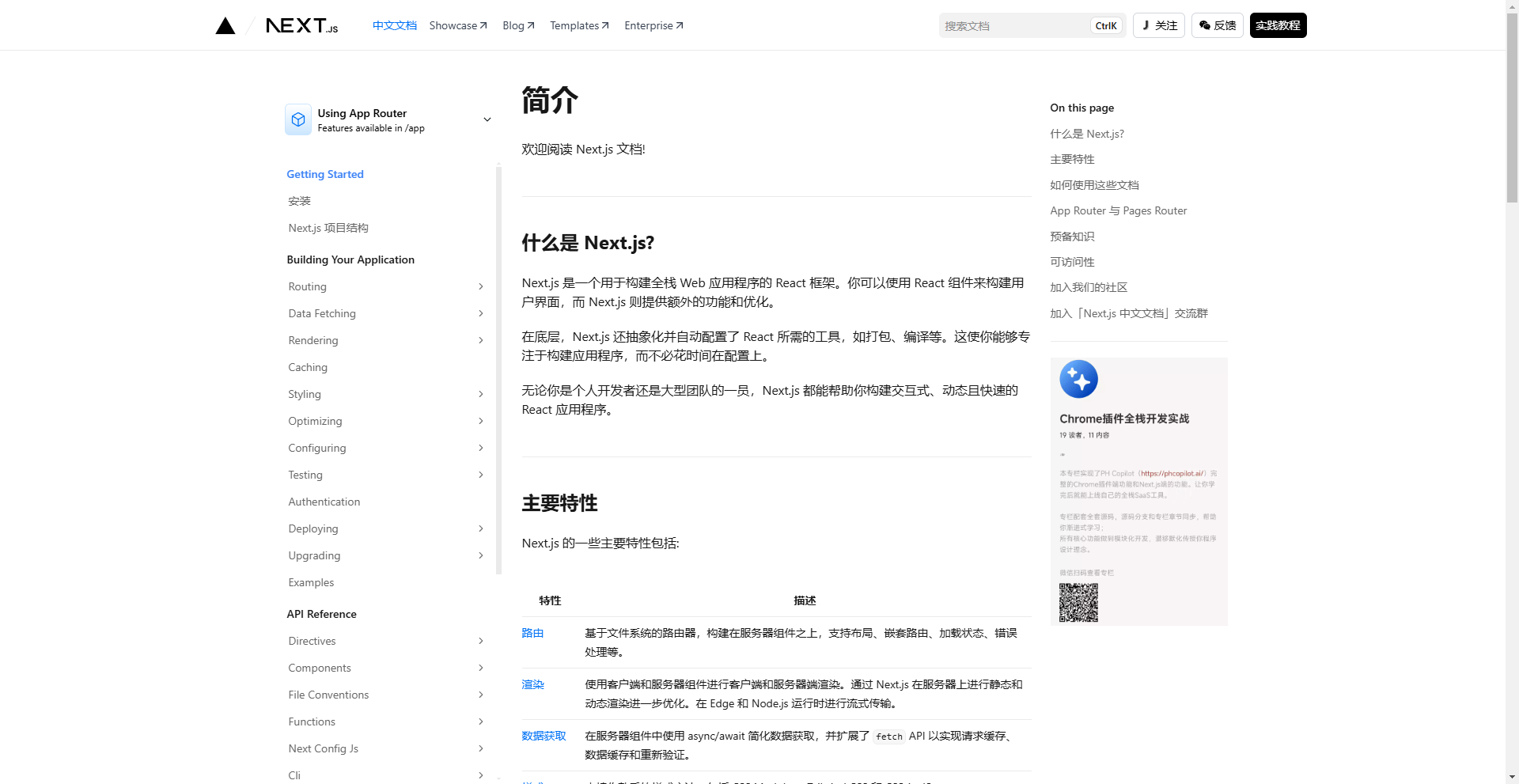
LLM-Driven Knowledge Curation System
An LLM-driven knowledge curation system that researches a topic and generates a complete report with citations.
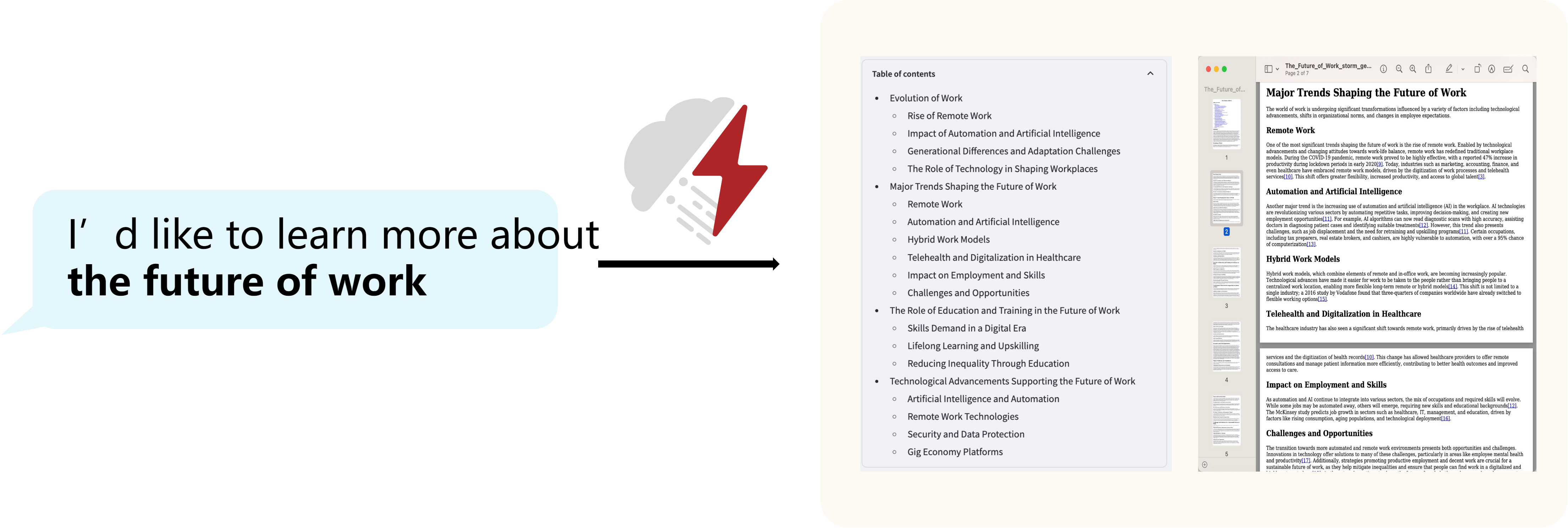
3D Architecture Diagrams
Create 2.5D flowcharts to make your diagrams stand out.
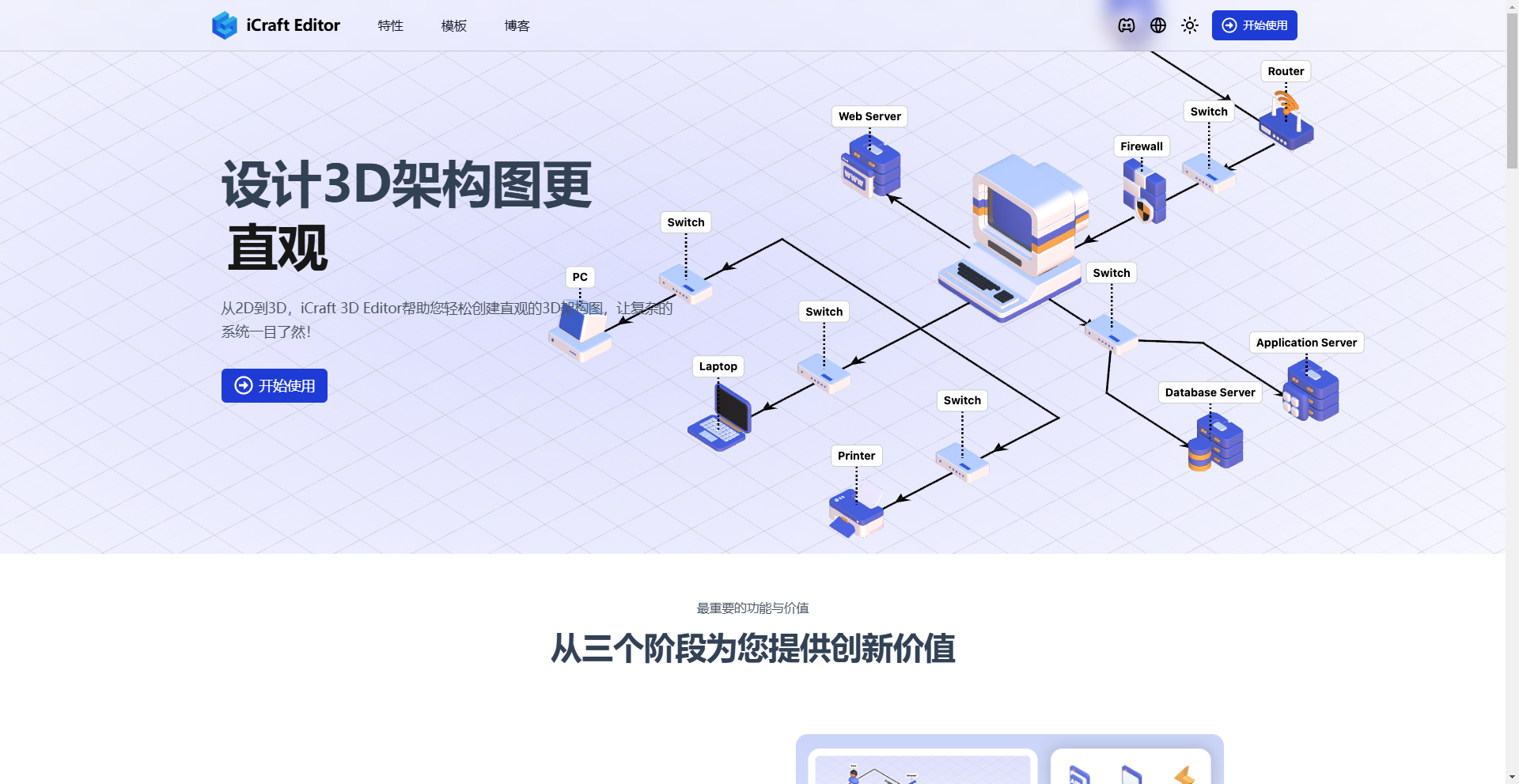
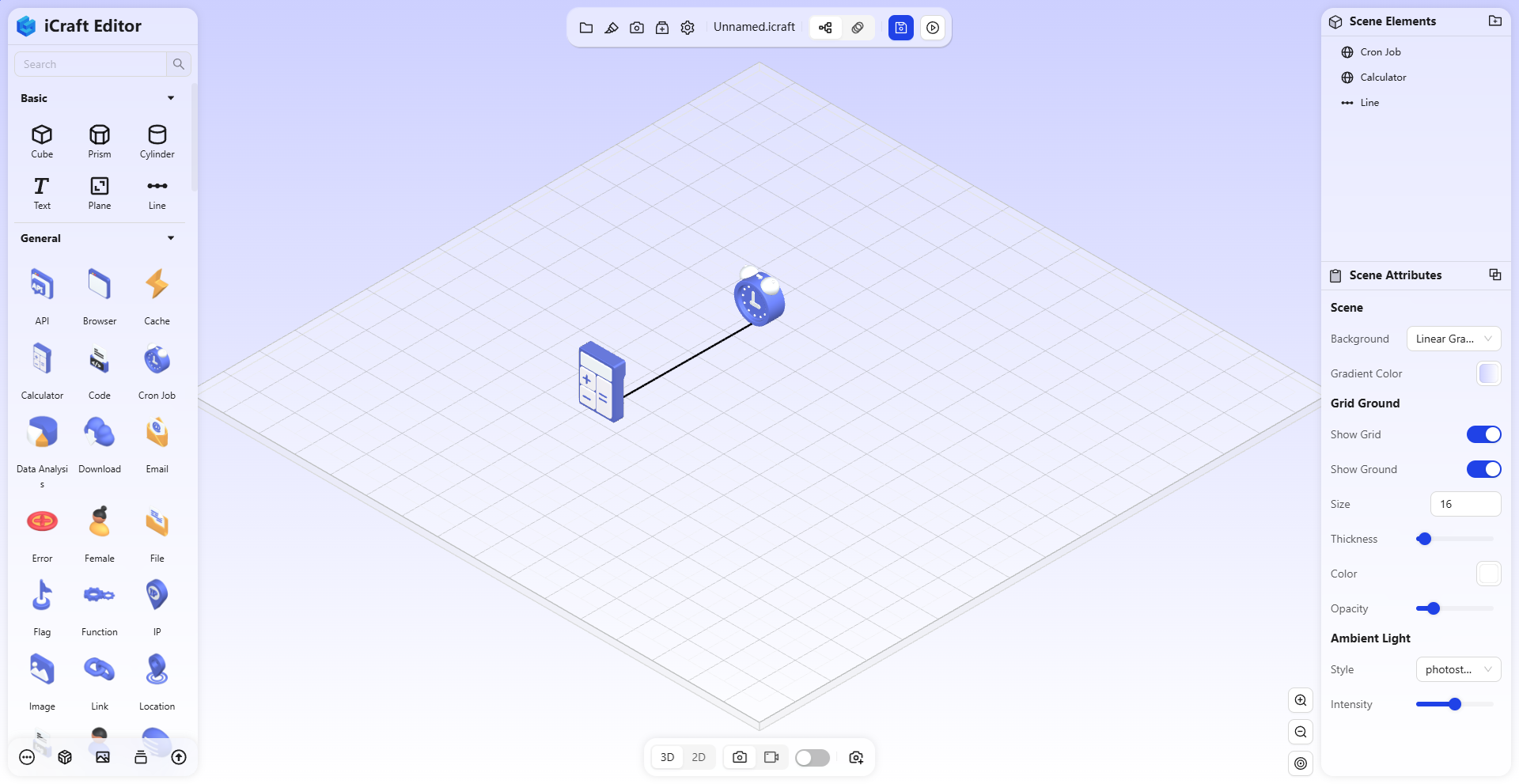
NotebookLlama: An Open Source Version of NotebookLM
This is a series of tutorial/notebooks that guide the construction of a workflow from PDF to podcast.
Zero background needed: it assumes no knowledge of LLMs, prompting, or audio models, as all content is covered in their respective notebooks.
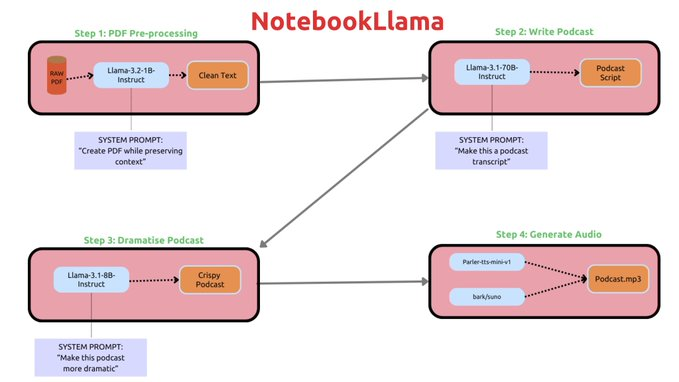
More
- Niche Rust-Based Zero-Configuration Static Blog
- Open Source Analytics Infrastructure
- A Small Tool for Converting LaTeX to Images
- Component Showing Baseline States of Web Features
- Microsoft's Open Source Automated Generative AI Script
>> Interesting Finds
This Person on WeChat Quit Smoking
A keen-eyed netizen noticed a change in this WeChat emoji:

ElasticSearch Loses Stars

>> Worth Reading
Gold and Shovels
This response is insightful: when everyone is mining for gold, making shovels and spades is a good business choice.
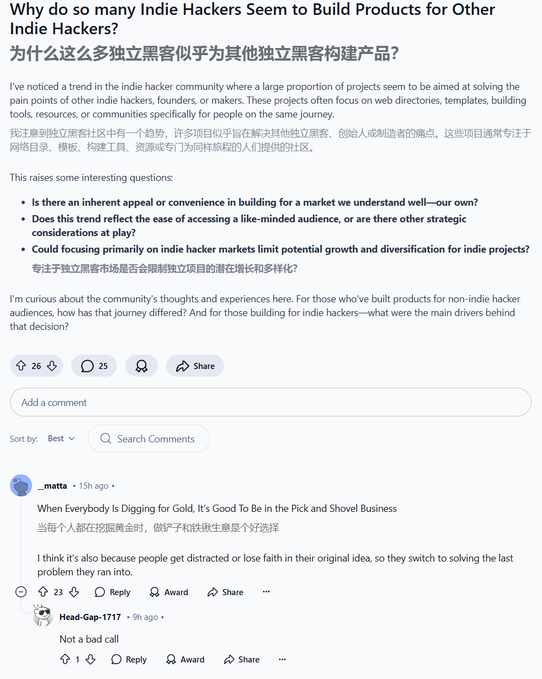
Writing Code That's Easy to Delete but Hard to Extend
- Avoid Writing Code: Less code equals lower maintenance costs; strive to avoid unnecessary code.
- Moderate Copying and Pasting: When reusability of code is uncertain, reduce complexity through copying and pasting.
- Avoid Excessive Copying and Pasting: When a piece of code is repeated several times, consider extracting it into a function.
- Write More Boilerplate Code: Reduce dependencies by writing boilerplate code, but keep readability in mind.
- Stop Writing Boilerplate Code: Create simpler APIs to hide complexity.
- Chunk Code: Break code into independent modules for easier management and deletion.
- Keep Writing Code: Maintain code flexibility, using feature flags to enable quick adjustments when needed.